搜索结果: 'methocult media formulations for human hematopoietic cells serum containing'
-
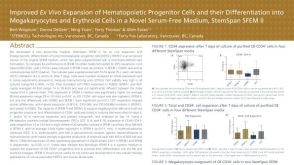 Hematopoietic Expansion and Differentiation Into Megakaryocytes and Erythroid Cells With StemSpan™ SFEM II
Hematopoietic Expansion and Differentiation Into Megakaryocytes and Erythroid Cells With StemSpan™ SFEM II产品类型:
Conference:
ISEH 2012
产品号#:
02696
09600
09650
09605
09655
产品名:
StemSpan™巨核细胞扩增补充(100X)
StemSpan™ SFEM
StemSpan™ SFEM
StemSpan™ SFEM II
StemSpan™ SFEM II
-
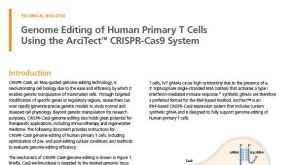 技术窍门Genome Editing of Human Primary T Cells Using CRISPR-Cas9
技术窍门Genome Editing of Human Primary T Cells Using CRISPR-Cas9产品类型:
Cell Engineering and Molecular Tools
细胞类型:
CD4+,CD8+,T Cells,T 细胞
产品号#:
76002
76004
76006
76010
76011
76012
76013
76016
76017
76018
76020
76021
76022
76026
200-0013
17847
100-0470
100-0471
100-0472
100-0200
100-0202
100-0204
产品名:
ArciTect™ Cas9 核酸酶
ArciTect™ Cas9 核酸酶
ArciTect™ Cas9-eGFP 核酸酶
ArciTect™ crRNA
ArciTect™ crRNA
ArciTect™ crRNA
ArciTect™ 人HPRT阳性对照试剂盒
ArciTect™ tracrRNA试剂盒
ArciTect™ tracrRNA 试剂盒
ArciTect™ tracrRNA 试剂盒
ArciTect™ 退火缓冲液 (5X)
ArciTect™ T7 核酸内切酶 I 试剂盒
ArciTect™ T7 核酸内切酶 I 试剂盒
ArciTect™ 高保真 DNA 聚合酶试剂盒
ArciTect™ sgRNA
EasySep™人TCR Alpha/Beta去除试剂盒
ArciTect™ 人 CRISPR 优化试剂盒 (APC, PE, FITC)
ArciTect™ 人 CRISPR 优化试剂盒 (APC, PE, FITC)
ArciTect™ 人 CRISPR 优化试剂盒 (APC, PE, FITC)
RoboSep™-C人CD4+ T细胞分选试剂盒
RoboSep™-C人CD8+ T细胞分选试剂盒
RoboSep™-C人T细胞分选试剂盒
-
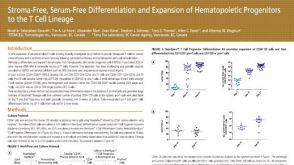 科学海报Stroma-Free, Serum-Free Differentiation and Expansion of Hematopoietic Progenitors to the T Cell Lineage
科学海报Stroma-Free, Serum-Free Differentiation and Expansion of Hematopoietic Progenitors to the T Cell Lineage产品类型:
Cell Culture Media and Supplements
Conference:
ISEH 2016
产品号#:
09605
产品名:
StemSpan™ SFEM II
-
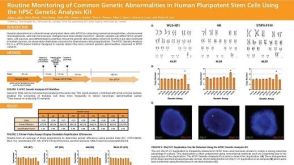 科学海报Routine Monitoring of Common Genetic Abnormalities in Human Pluripotent Stem Cells Using the hPSC Genetic Analysis Kit
科学海报Routine Monitoring of Common Genetic Abnormalities in Human Pluripotent Stem Cells Using the hPSC Genetic Analysis Kit产品类型:
Cell Dyes and Detection Assay Kits
Conference:
ISSCR 2019
产品号#:
产品名:

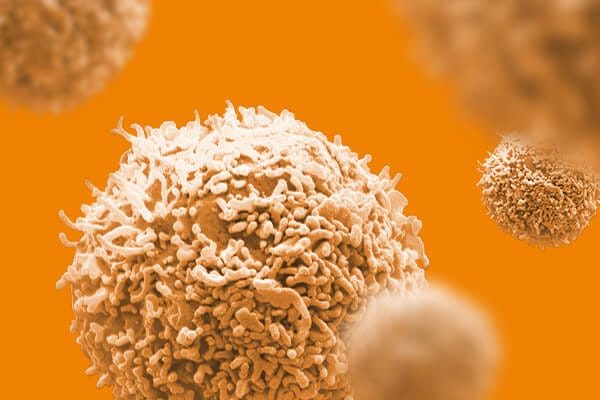
 EasySep™小鼠TIL(CD45)正选试剂盒
EasySep™小鼠TIL(CD45)正选试剂盒
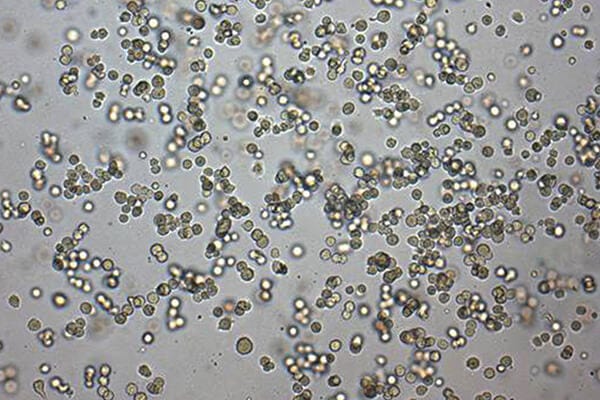
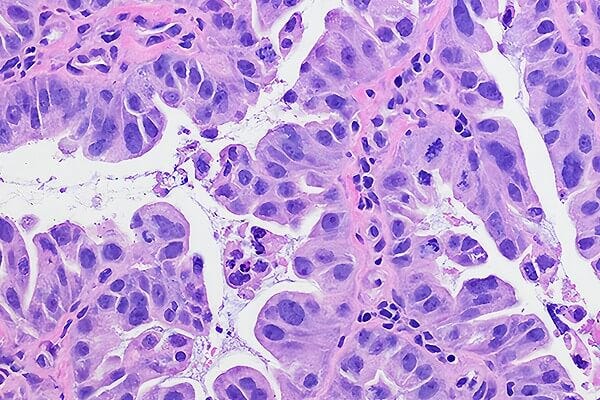


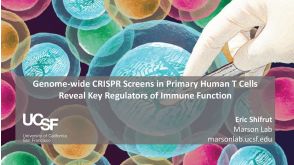
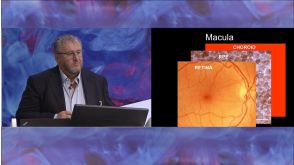
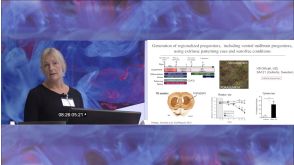
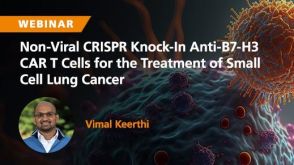
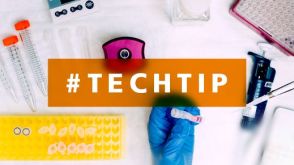
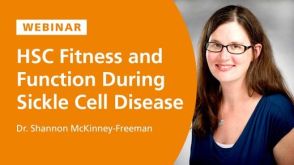

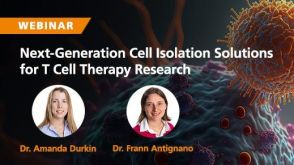

 沪公网安备31010102008431号
沪公网安备31010102008431号